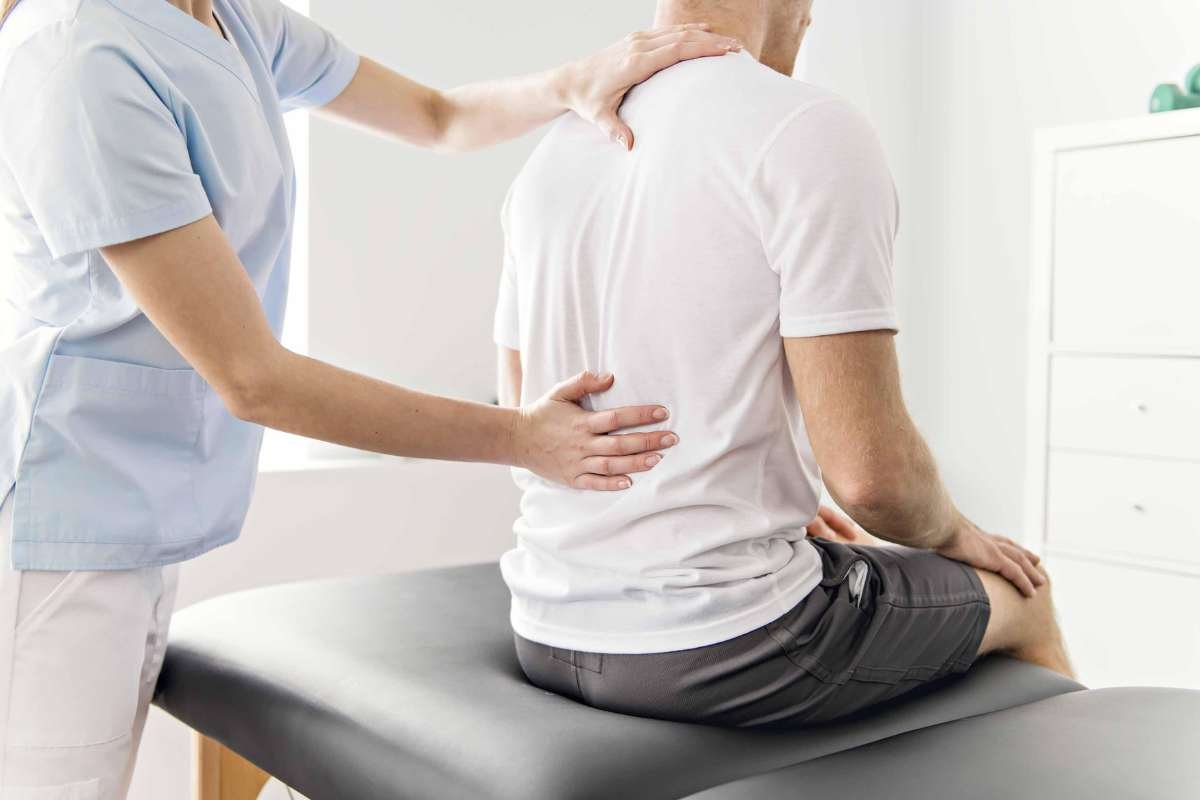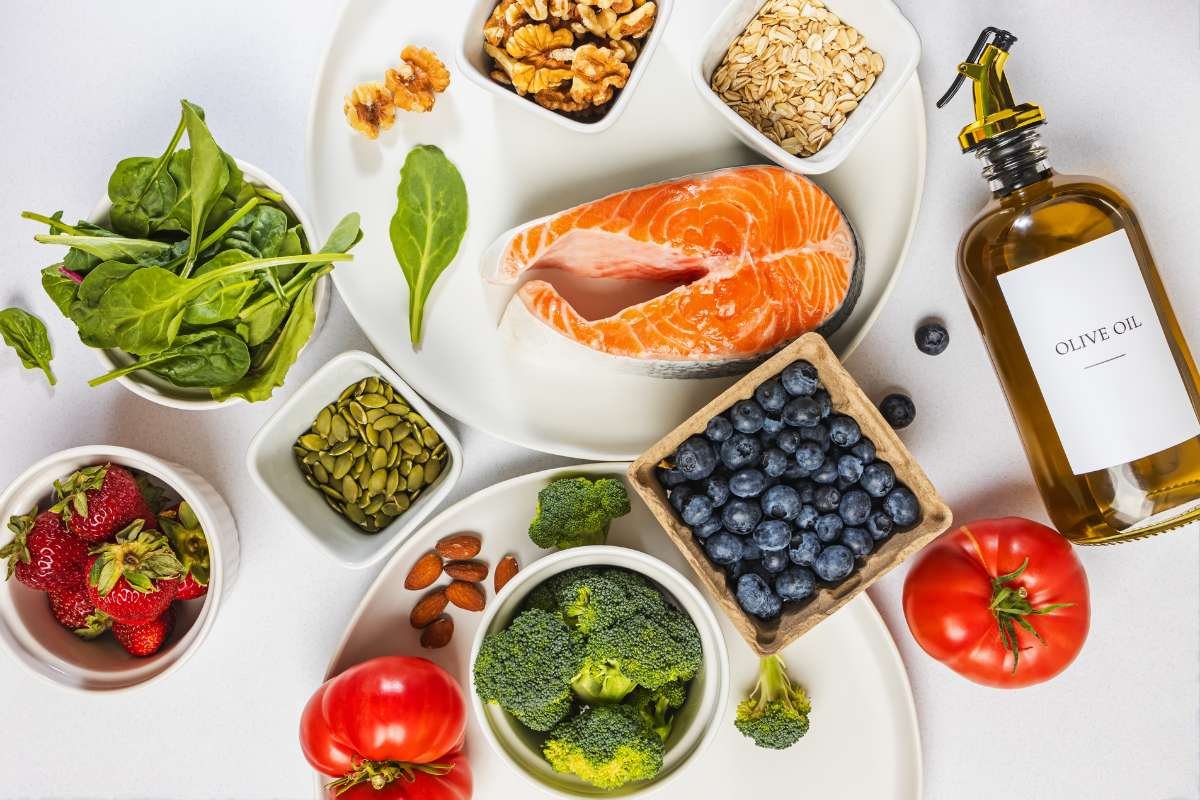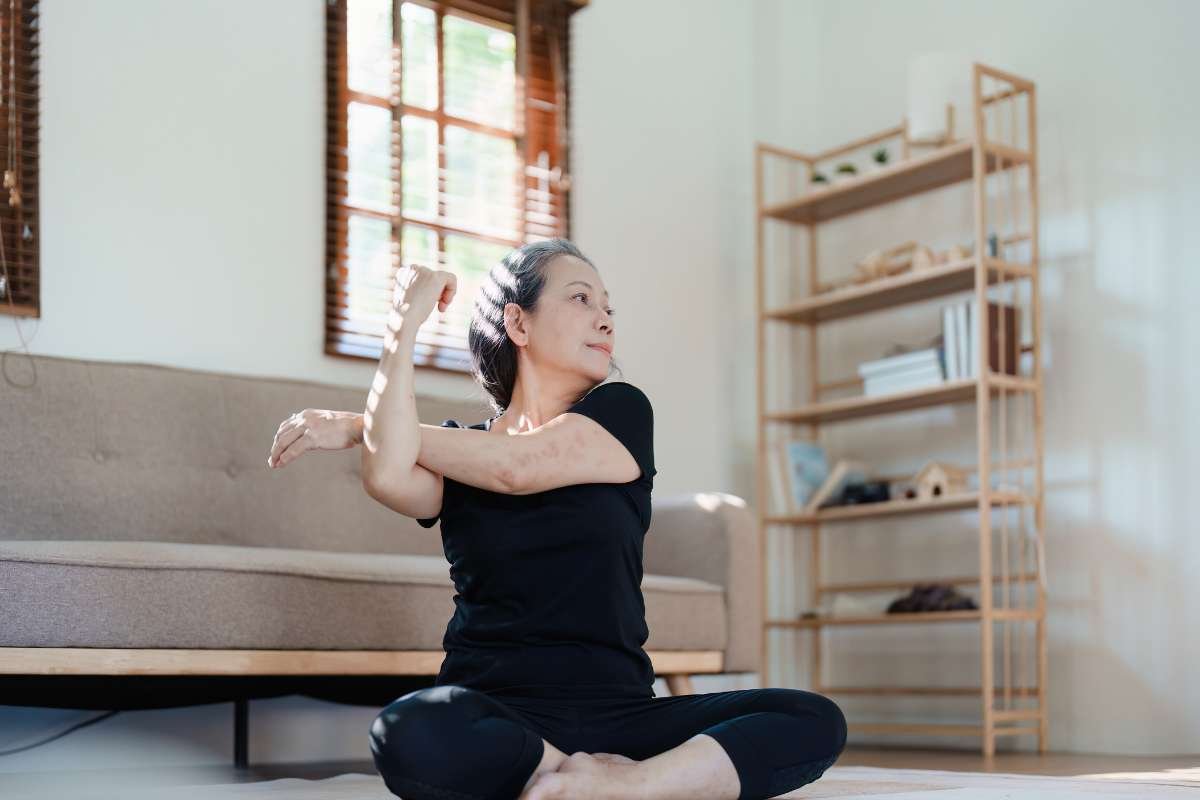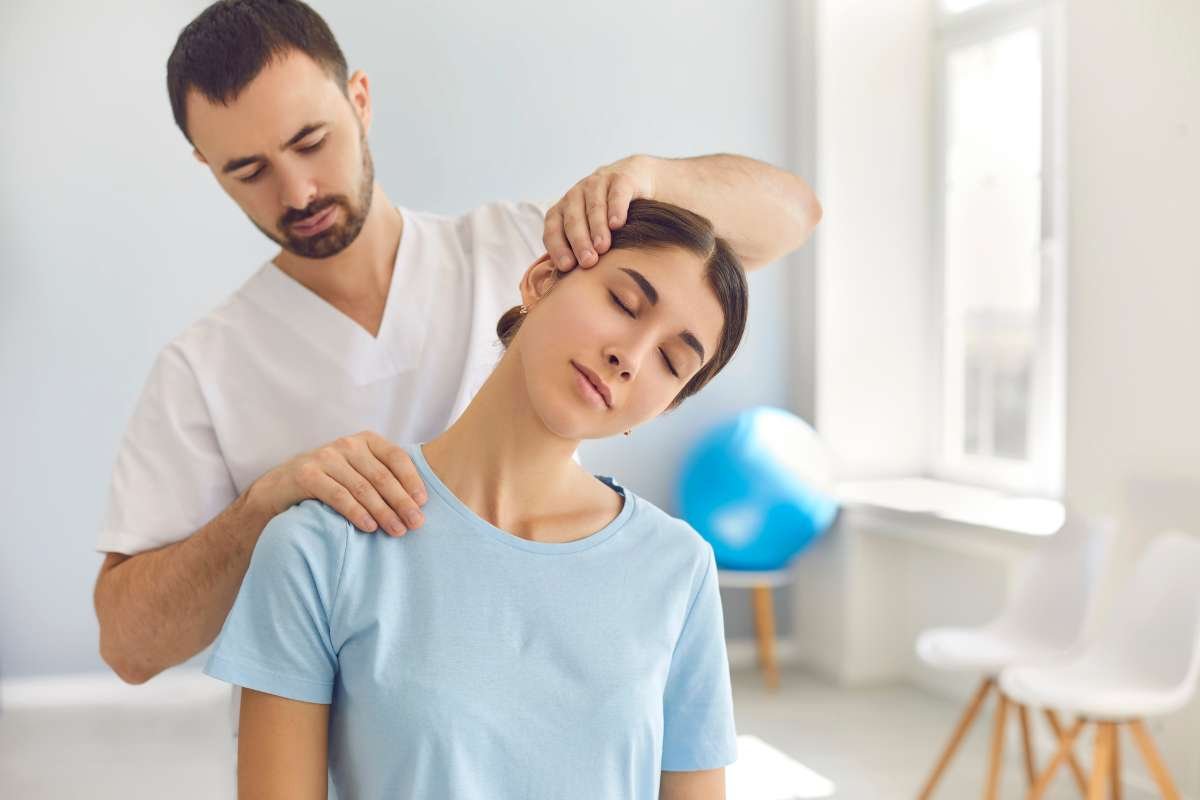Have you ever woken up to a cramp in your neck? Or experienced a stinging pain after a great workout? Muscle pain and stiffness can be troublesome companions for many people. And they come from various sources. Like stress, postural problems, high-impact exercise, or medical reasons. They can interfere with normal daily activities and limit mobility. Making even the most basic tasks challenging.
While orthodox remedies exist. A growing number of individuals are turning their attention to alternative solutions. This is driven by concerns over potential side effects. And also the desire for safer approaches. This increasing interest highlights a critical question. What is the Best Natural Muscle Relaxer?
As we will go through this topic. We will delve into the fascinating world of botanicals and compounds. This may offer relief and aim to reveal the Best Natural Muscle Relaxer. For calming those stubborn aches and promoting overall well-being.
Why Choose Natural Over Prescription Muscle Relaxants?
Natural muscle relaxants offer a safer and universal alternative to prescription medications. They help in managing muscle spasms and soreness. They also help relieve tension. And provide additional health benefits with fewer side effects. It also lowers the risks of dependency. Here are the key reasons to consider choosing natural options over prescription:
1. Fewer Side Effects:
Natural muscle relaxers like magnesium, chamomile, turmeric, cherry juice, blueberry, and cayenne pepper. They typically have fewer and milder side effects compared to prescription drugs. Prescription muscle relaxants can cause drowsiness, dizziness, dependency, or liver and kidney issues. Whereas natural options tend to avoid these risks when taken appropriately.
2. Anti-inflammatory and Antioxidant Properties:

Many natural muscle relaxants also provide anti-inflammatory and antioxidant benefits. This helps reduce muscle inflammation and promotes recovery. Turmeric’s curcumin and cherries’ anthocyanins reduce inflammation. It supports muscle relaxation more naturally than simply targeting spasms.
3. Complete and Nutritional Benefits:
Natural relaxants come from foods or herbs. This provides additional nutrients or health benefits. This helps aid overall well-being beyond muscle relaxation. For example, magnesium supports general muscle function and nervous system health. Chamomile provides calming effects and antioxidants.
4. Lower Risk of Dependency and Drug Interactions:
Prescription muscle relaxants can lead to dependence. And potentially harmful interactions with other medications. Natural alternatives usually carry a lower risk of such complications. Though they should still be used with awareness of possible interactions.
5. Effective for Mild to Moderate Muscle Issues:
Natural remedies can be quite effective for common issues. Such as muscle tightness from exercise, mild spasms, or soreness. Making them a safer first approach before prescription drugs. These are better reserved for severe or chronic muscle conditions.
The Science Behind Best Natural Muscle Relaxers:
The science behind the best natural muscle relaxers. It involves modifying the muscle contraction-relaxation sequence. And it also calms the nervous system’s excitatory signals. Natural muscle relaxers can block neurotransmitters like serotonin and acetylcholine. Along with balancing the ion channels, such as calcium, potassium, and sodium. It also helps decrease inflammation. As a whole, it plays a role in muscle spasms. Some popular natural relaxers like chamomile, valerian root, curcumin, and peppermint oil. They can act by changing these physiological pathways. They help in providing relaxation of the muscles without the negative side effects. This happens typically because of synthetic drugs.
List of Best Natural Muscle Relaxers:

Natural options for muscle relaxation range from herbal remedies. These were used for centuries as essential nutrients and everyday foods. Let’s explore some of the most effective choices. We have placed various effective relaxants in these 3 categories:
1. Herbal Options:
- Valerian Root: This herb is well-known for its sedative and anxiolytic (anxiety-reducing) properties. It contains compounds that may help ease muscle tension and spasms. Making it a popular choice for promoting relaxation and improving sleep quality.
- Chamomile: Often enjoyed as a calming tea. Chamomile contains an antioxidant called apigenin. This can bind to specific receptors in the brain to decrease anxiety. It also induces muscle relaxation.
- Passionflower: This botanical is used to help soothe the nervous system. This, in turn, can help alleviate muscle spasms and tension. It’s often included in natural remedies designed to reduce stress and improve sleep.
2. Nutrients & Supplements:
- Magnesium: An essential mineral. Magnesium plays a critical role in over 300 biochemical reactions in the body. It includes proper muscle function and nerve transmission. A deficiency can lead to muscle cramps and spasms. Making their supplementation a common recommendation for muscle relaxation.
- Vitamin D: Often referred to as the “sunshine vitamin.” Vitamin D is crucial for bone and muscle health. Low levels have been linked to generalized muscle weakness and pain. Maintaining adequate levels can help support proper muscle function.
- CBD Oil: Derived from the hemp plant. Cannabidiol (CBD) has gained widespread attention for its potential anti-inflammatory properties. It also offers analgesic (pain-relieving) properties. It may help reduce muscle soreness and inflammation. Offering a natural way to manage post-workout aches or chronic muscle pain.
3. Everyday Foods with Relaxing Properties:
- Ginger: This common spice is a powerful anti-inflammatory agent. It has active compounds, such as gingerols. This can help reduce the inflammation and soreness. That is associated with muscle pain and exercise-induced muscle damage.
- Turmeric: A close relative of ginger. Turmeric contains curcumin. It is a compound with potent anti-inflammatory and antioxidant effects. Consuming turmeric may help alleviate muscle soreness and promote faster recovery.
- Tart Cherry Juice: Rich in antioxidants and anti-inflammatory compounds. Tart cherry juice has been studied for its ability to aid in muscle recovery. It can help reduce exercise-induced muscle damage and soreness. Making it a popular beverage among athletes.
Lifestyle Practice to Boost Natural Muscle Relaxation:

Healthy lifestyle habits are important for natural muscle relaxation. And it is essential for your overall wellness. Simple behaviors such as stretching, heat therapy, quality sleep, and proper hydration. It can further help you decrease muscle tension and recover faster. Combining these approaches will enable you to support your muscles safely and effectively.
- Stretching and Yoga: Gentle stretches and yoga promote flexibility. It reduces muscle tightness and encourages mindful breathing. This lowers stress and eases muscle tension.
- Heat Therapy & Epsom Salt Baths: Applying heat relaxes muscles by improving blood flow. Epsom salt baths provide magnesium absorbed through the skin. Helping to reduce muscle cramps and soreness.
- Sleep Quality & Stress Management: Adequate restful sleep and managing stress through techniques. Like progressive muscle relaxation reduces muscle tension and supports recovery.
- Hydration and Diet: By staying well-hydrated. Consuming anti-inflammatory foods rich in antioxidants and magnesium aids muscle function and relaxation.
Also Read:
- Essential Oils for Pain and How to Use Them Safely
- Natural Pain Relief: Safe Alternatives for a Healthier You
Expert Insights on Natural Muscle Relaxers:
Famous physical therapists and nutritionists often emphasize the effectiveness of natural muscle relaxers. Examples, chamomile, magnesium, and anti-inflammatory foods.
- Debra Rose Wilson, a Ph.D. and medical reviewer. She highlights chamomile’s anti-inflammatory flavonoids. She also talks about the benefits of cherry juice. Blueberries reduce muscle pain and spasms naturally.
- Dr. Axe, a well-known nutritionist. He advocates for arnica oil and chiropractic adjustments. They are safe, holistic alternatives to prescription muscle relaxants. This can reduce inflammation and promote muscle healing. These experts suggest that natural options can provide relief with fewer side effects. And also support overall muscle health.
How to Choose the Right Natural Muscle Relaxer?

Finding the right natural muscle relaxer involves a personal, thoughtful process. To make the best choice, consider the following:
Factors to Consider
- Identify the Cause: Is your pain from exercise, stress, or a chronic condition? Your choice should match the root cause.
- Assess Your Lifestyle: Do you prefer a quick pill, a calming tea, or a topical application? Choose a form that fits your daily routine.
- Check for Existing Conditions: Always consult a healthcare professional. If you have other health issues or are on medication. Some natural remedies can have interactions.
Quality & Safety Checklist
- Third-Party Testing: Look for products verified by independent labs. For ensuring purity and potency.
- Clear Dosage: The product label should provide precise and easy-to-understand dosage instructions.
- Reputable Brands: Choose brands known for quality and transparency. It should be in their sourcing and production.
Simple Decision Framework
- Pinpoint the Problem: Is it inflammation, tension, or a deficiency?
- Match with a Solution: For inflammation, try turmeric. For tension, consider chamomile. For potential deficiency, look at magnesium.
- Validate the Product: Check for third-party testing and clear labeling.
- Consult an Expert: When in doubt, seek advice from a doctor or pharmacist.
Also Read:
Conclusion
There isn’t one best natural muscle relaxer. Rather, it is a customized selection based on your body and needs. If you understand the science behind how these natural muscle relaxers work. And also choose the right products to fit your needs. You can find safe and effective ways to manage muscle pain and stiffness. In combination with small lifestyle changes. Such as stretching, staying hydrated, and stress relief techniques. You will find a simple plan for long-lasting relief. Which will allow you to move better and live better.
FAQs:
1. Are natural muscle relaxers scientifically proven to work?
Yes, several natural remedies are backed by clinical studies. Magnesium supplementation has been shown to reduce muscle cramps. Valerian root and chamomile exhibit mild sedative and muscle-soothing effects. CBD oil has also been studied for its role in reducing inflammation and muscle tension. However, the effectiveness can vary based on dosage. With the quality of the product, and individual response.
2. Can I use natural muscle relaxers every day?
Most natural remedies, like magnesium-rich foods, herbal teas, and stretching exercises. They are safe for daily use. However, concentrated supplements such as CBD or valerian root. They should be used in moderation. Long-term use should always be discussed with a healthcare professional. Especially if you take other medications, to avoid interactions.
3. Who should avoid using natural muscle relaxers?
People with chronic medical conditions. Pregnant or breastfeeding women, and those taking prescription medications. They should be cautious. For instance, herbs like valerian or passionflower may interfere with antidepressants or sedatives. Always consult a doctor. If you’re unsure whether natural remedies are safe for your health profile.
References:







